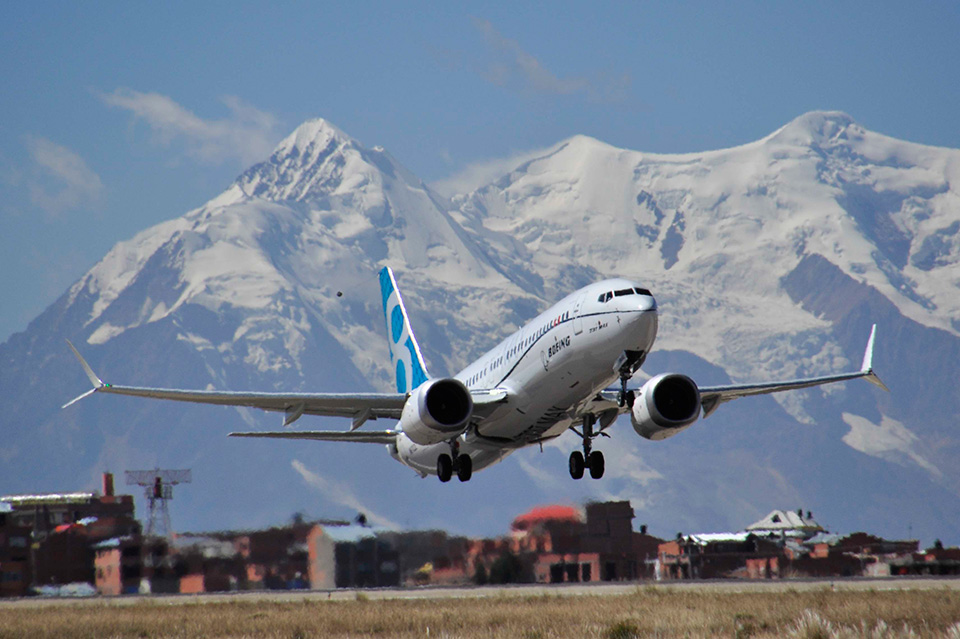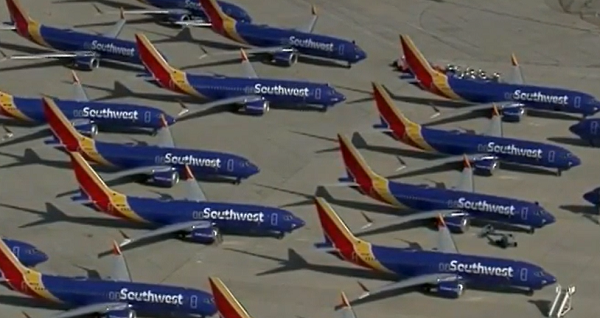American extends MAX cancellations to September
10 June, 2019
3 min read
By joining our newsletter, you agree to our Privacy Policy


American Airlines has extended Boeing 737 MAX flight cancellations until September 3 but says it remains confident the aircraft will be recertified soon.
The US carrier in April canceled about 115 MAX flights per day until August 19 because of the worldwide grounding of the MAX fleet after two fatal crashes.
It said the extension until September 3 was to allow customers and staff to more reliably plan upcoming travel.
READ: Passengers urged not to let MAX problems undermine trust in aviation.
"American Airlines remains confident that impending software updates to the Boeing 737 MAX, along with the new training elements Boeing is developing in coordination with our union partners, will lead to recertification of the aircraft soon,'' it said.
"We have been in continuous contact with the Federal Aviation Administration (FAA), Department of Transportation (DOT), National Transportation Safety Board (NTSB) and other regulatory authorities, and we are pleased with the progress to date
The airline has been able to substitute other aircraft flights on some services previously scheduled on a MAX and says it is trying to minimize the impact on customers.
American’s reservations team will contact customers still affected by the cancelations by email or telephone and passengers whose flights are canceled and who choose not to rebook are entitled to a refund.
The extension is in keeping with comments late May by International Air Transport Association director general Alexandre de Juniac that he expected the grounding to last another 10 to 12 weeks.
READ: IATA expects MAX groundings to last another 10 to 12 weeks.
The FAA has not said when the MAX will be allowed to fly again and there has been some speculation it may not be until towards the end of the year.
Airlines would prefer the recertification to be coordinated globally but worry this will not be the case.
Differences between regulators have already emerged about training and several have indicated they may certify the plane themselves rather than follow the FAA's lead.
The FAA, as the regulator in the state where the aircraft was designed, is expected to go first with some other regulators tipped to follow their own procedures.
De Juniac said IATA was urging regulators to have a comprehensive, consistent and credible approach and the same timeline if possible.
“The alignment would be much better otherwise it will create discrepancies and … utterly useless disruptions,’’ he said, adding there needed to be “full transparency on what has been done” to restore passenger confidence about the aircraft’s safe return to service.
Get the latest news and updates straight to your inbox
No spam, no hassle, no fuss, just airline news direct to you.
By joining our newsletter, you agree to our Privacy Policy
Find us on social media
Comments
No comments yet, be the first to write one.

